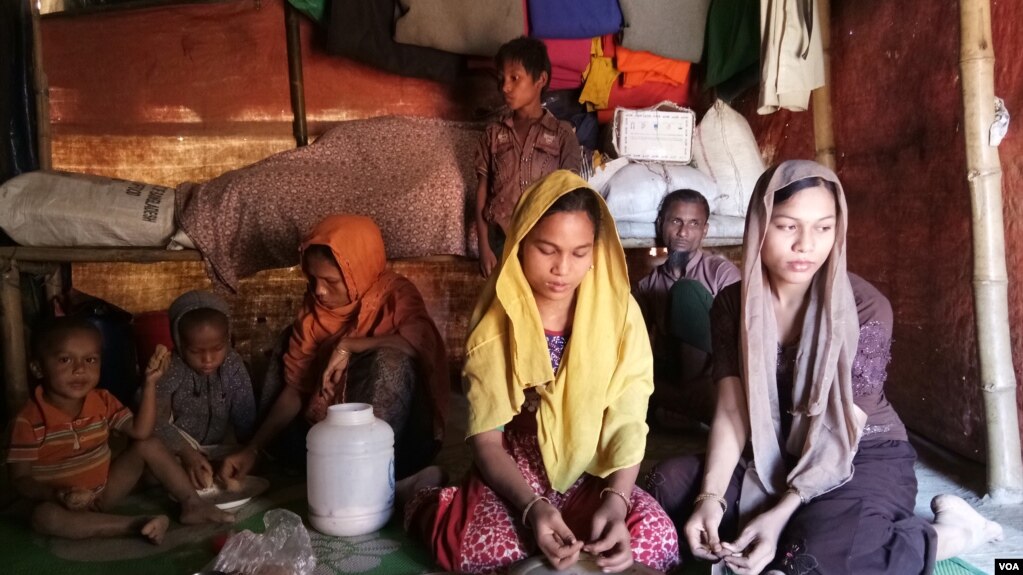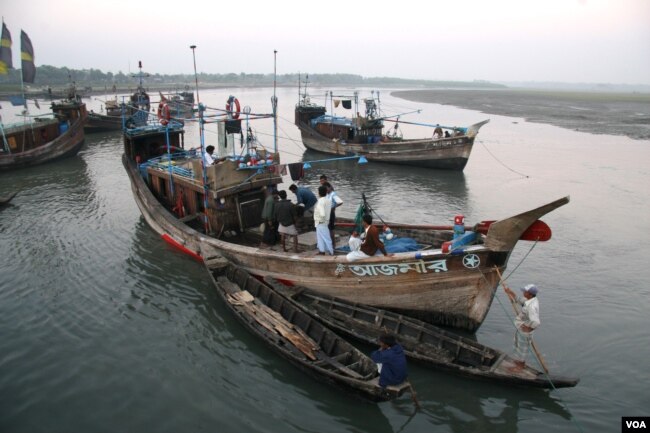January 5, 2023
By Safwan Ali

When Taliban took over Kabul in August 2021, a large faction of the Pakistani society including mainstream politicians amused the fact that reins of Kabul had become in control of Taliban. One obvious reason for this felicitation was the much awaited perceived stability in neighboring Afghanistan which had direct impact on Pakistan. The other reason for jubilation in some factions was about the solidarity with regards to the identity of Afghan people. As brotherly nation, perseverance of Afghan people against the scourge of prolonged war, that too against the strongest military alliance, was a matter of inspiration for many in Pakistan. However, the formal response of the government was very much aligned with the global response. Islamabad did not officially recognize the interim government of Taliban. The eventful month of August, 2021 was followed by some key developments.
Considering the geo-political change in the neighboring Afghanistan, Pakistan started to rethink its strategy at the western border. Through a backdoor channel, Islamabad approached the Taliban government to ensure the security of its western border from the hideouts of TTP living in Afghanistan. In short, Pakistan wanted the Taliban government to take strong action against TTP. However, in response to that, Kabul with TTP onboard, came up with a “quid pro quo plus” approach. It urged the Pakistan’s government to have a formal agreement with TTP which later on proceeded through a back door channels. In the agreement, TTP agreed for so called cease-fire along and inside Pakistan’s territory in exchange for cessation of Pakistan’s military operation against TTP. Moreover, the strangest of demands that Pakistan agreed to, was providing, the previously expelled TTP associates, with permission to come back and reside in districts of the tribal area. On the other hand, second critical development following the fall of Kabul, was Pakistan’s stance in the international community with respect to humanitarian concerns in Afghanistan. Pakistan’s foreign minister repeatedly urged the International community to establish a meaningful dialogue and engagement with the fragile state of Afghanistan to help the people of Afghanistan. He frequently argued that alienation of a rouge actor prompts even harsher human rights violation by that actor. Hence the world should not neglect Afghanistan and the people of Afghanistan Rather, it should accept the reality and engage with Afghanistan.
However, it is extremely unfortunate to write that, both the aforementioned developments, gave rise to a Pro-Taliban sentiment vis-à-vis Pakistan. Nevertheless, the same sentiment has often been misrepresented in the western literature, and the same narrative has also been used to demonize Pakistan at the international forums. However, in reality Pakistan had been the most affected country by terrorism and it had been fighting against the scourge of terrorism since over a decade now. What is even more unfortunate is that in the recent past, TTP announced to resume its nefarious terrorist activities in Pakistan. As a result, a spike in terrorist events specifically in KPK province has been witnessed. The December 21st,2022 military operation is a testament to aggravating law and order situation in the country, in which a group of 25 TTP associated terrorists had been killed, while holding a CTD compound, hostage in Bannu.
Because there is a resurgence of terrorism coupled with the international criticism due to perceived relations with Afghanistan under Taliban. “Pakistan is appeared to be in a quagmire.”
Now, what Pakistan can pursue to undo this, is to redevise a comprehensive plan of action against terrorism in KPK and former FATA. It should also formulate a clear strategy at the western border not to tolerate any presence as well as influx of militants from Afghanistan. Moreover, for future, the state of Pakistan should also learn from the abysmal agreement that it went in with a Non-State Actor (NSA). For NSA’s an agreement is nothing more than a concealing tool for a limited survival. It is because of the three reasons. First, an agreement is always done between two responsible actors; terrorist group like TTP has no burden of responsibility neither in a domestic setting nor at the international level. Whereas, a sovereign state has immense responsibility at the domestic and international level. Second, an agreement between two states holds significance because of the perceived repute in the international system, Whereas, for a non-state actor like TTP, International reputation never comes into the equation as such groups are already infamous for their terrorist agenda. Third, States are mostly bound to stick fast to their bilateral or multilateral agreements, because of the fear of diplomatic and economic sanctions once they pull back from the agreement. Whereas in case of Non-state actors, there exist no such incentive to remain in the agreement.
Considering all the three reasons, it is quite evident that engaging with TTP for so called ceasefire agreement was neither viable nor will it ever be, particularly because, as a state, Pakistan would have to offer a lot in exchange to absolutely nothing. Moreover, because of such an agreement, Pakistan would itself invite criticism from the already skeptical international community. Hence for Pakistan, no tolerance policy against terrorism is the only option possible in order to lower domestic and international cost simultaneously.















